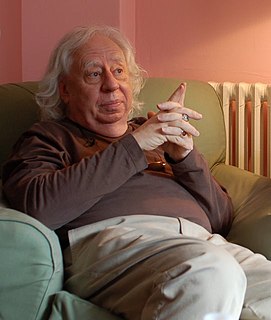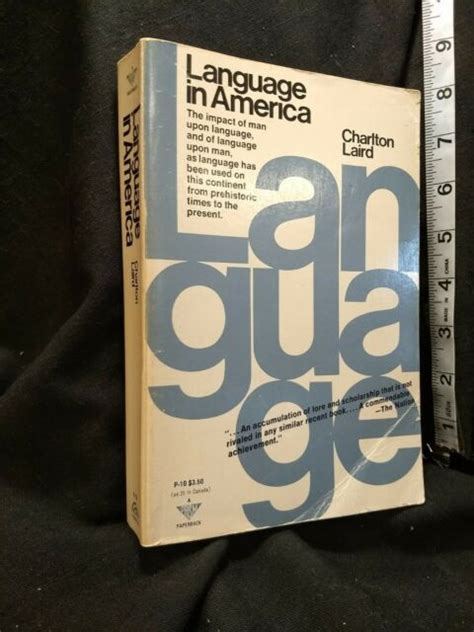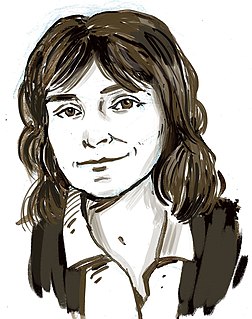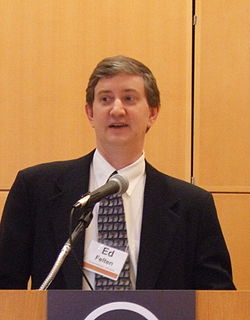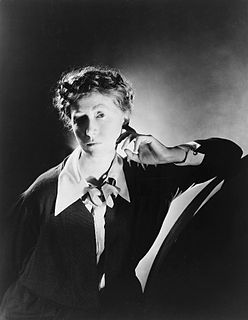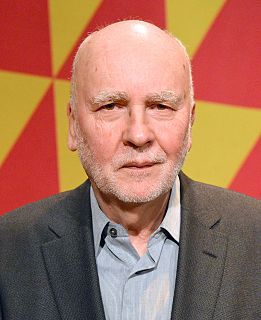A Quote by J. D. McClatchy
No poem should be an urn to contain a meaning, but a net to catch what meanings float through the day.
Related Quotes
An amoeba is a formless thing which takes many shapes. It moves by thrusting out an arm, and flowing into the arm. It multiplies by pulling itself in two, without permanently diminishing the original. So with words. A meaning may develop on the periphery of the body of meanings associated with a word, and shortly this tentacle-meaning has grown to such proportions that it dwarfs all other meanings.
I'm not an expert in the deck at all. My interest lies somewhere near a sense that words are like tarot cards, and that a poem manipulates unpredictable depths with its words. . . . I like the tarot because it works like poetry and because you don't really have to 'believe in' anything. It's there to be used. The symbols are remarkably durable and beautiful; they float out to encompass all kinds of meanings.
I want each poem to be ambiguous enough that its meaning can shift, depending on the reader's own frame of reference, and depending on the reader's mood. That's why negative capability matters; if the poet stops short of fully controlling each poem's meaning, the reader can make the poem his or her own.
It has been said that a poem should not mean but be. This is not quite accurate. In a poem, as distinct from many other kinds of verbal societies, meaning and being are identical. A poem might be called a pseudo-person. Like a person, it is unique and addresses the reader personally. On the other hand, like a natural being and unlike a historical person, it cannot lie.




